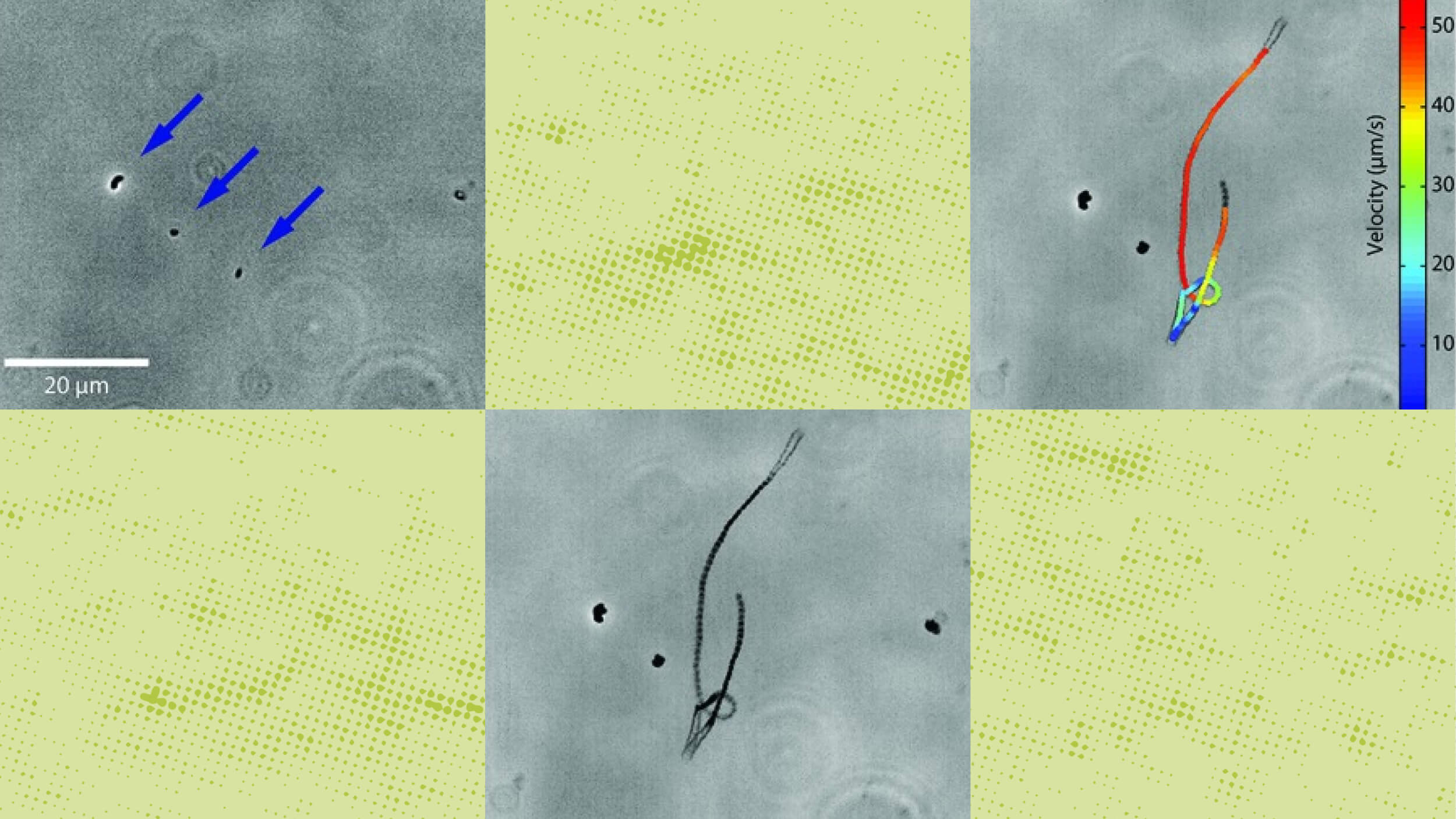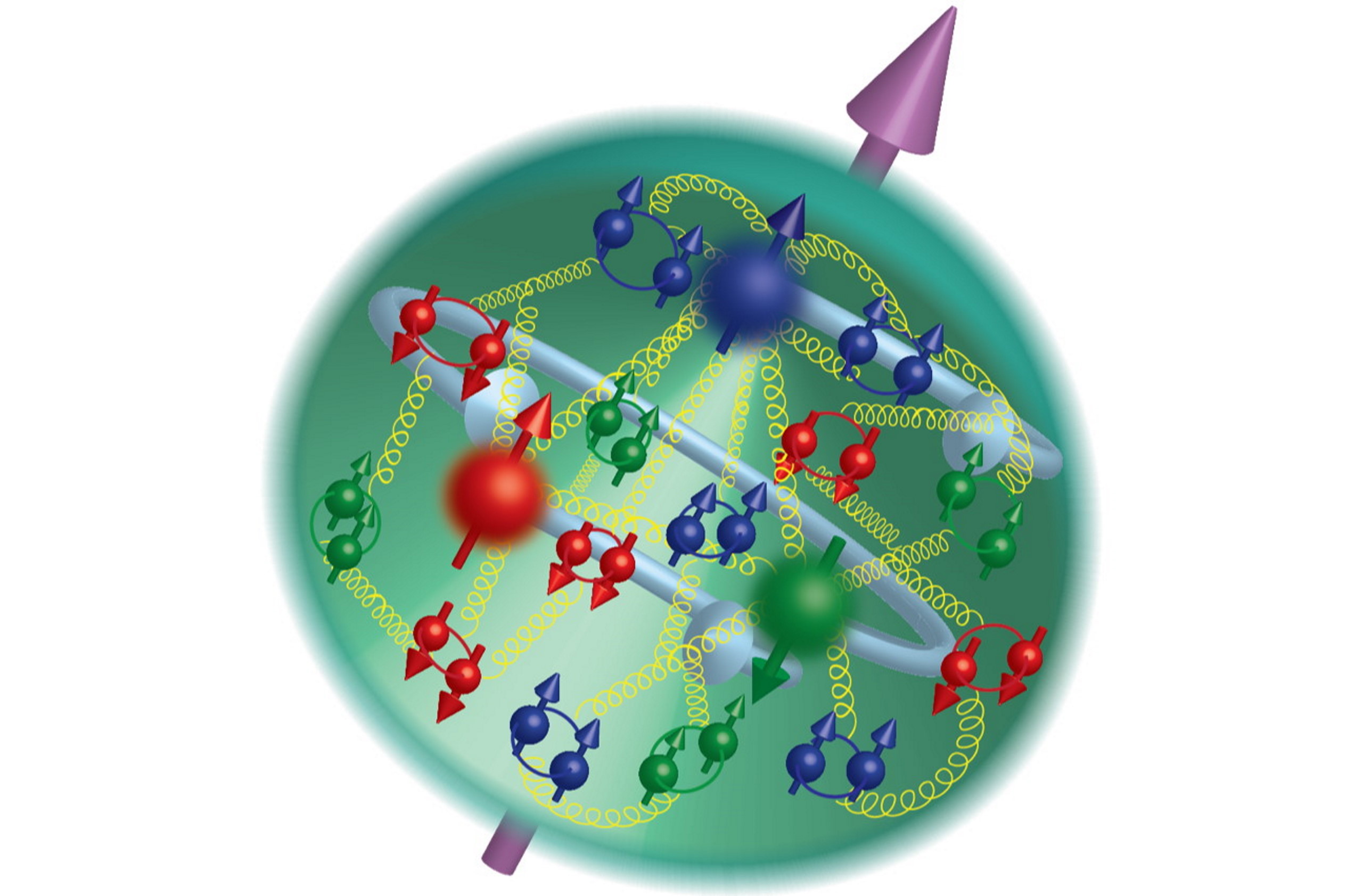Our phones are starting to know us better than we know ourselves. They’re starting to see patterns that we don’t detect on a day-by-day basis, but the phone sees this overall pattern and then it looks for changes in that pattern.
Rick Smolan: Data exhaust is probably my least favorite phrase in the big data world 'cause it sounds like something you're trying to get rid of or something noxious that comes out of the back of your car. But basically everything we're doing now is being recorded and it never is going to go away.
If you ever plan to run for office, if you’re a teenager, remember everything you do, every tweet, every Facebook posting, every picture you put on Instagram will be there forever for journalists and politic - for your competition to dig up. The whole idea of data exhaust is that between our smartphones and our credit cards and our easy passes and all the other things that are collecting information about us, there's this three-dimensional portrait of each of us and who we are. And that is being analyzed and sold to the highest bidder and is being used to understand peoples movements, behavioral patterns.
I'll give you an interesting example of that. There’s a company in Boston called Ginger IO that has a smartphone app that can predict two days before you get depressed, that you’re going to get depressed. I was very dubious when I first heard about this and I actually spoke to the gentleman who runs it, Anmol. And he said – I said, "First of all, how would a smartphone know I’m going to get depressed before I do? And why would somebody even want to know that?" He said, "Well, actually, first of all, you have a regular pattern of behavior. Basically each of us has a radius of travel, most of us go to work at the same place, we eat at similar restaurants, we have similar patterns of picking up our kids at school. So the first week the smartphone app just basically says this is the radius of travel for Rick.
On a day, two days before I start getting depressed my radius of travel starts shrinking, the amount time I spend at home goes up, the amount of e-mails and tweets that I send goes down. There’s this regular pattern of almost like withdraw. The reason that this is actually useful, from a health perspective, this is what Ginger IO is actually been focusing on, is people with diabetes have a very high correlation with depression. When you get depressed, people stop taking their medicine; a higher percentage of people than normal stop taking their medicine.
If you have diabetes, the consequences of not taking your medicine are quite severe. Organ failure, blindness; it’s quite dramatic. Insurance companies want to make sure that you stay on your medicine. So basically you sign up for this program if you're diabetic and it basically says if it looks like I'm going into one of these depressive episodes a few days from now, let my doctor know, let my kids know, let my spouse know, my friend, just to check it with me to make sure that somebody comes and notices that. So it’s interesting this idea of this - that our phones are starting to know us better than we know ourselves. They're starting to see patterns that we don’t detect on a day-by-day basis, but the phone sees this overall pattern and then it looks for changes in that pattern.





